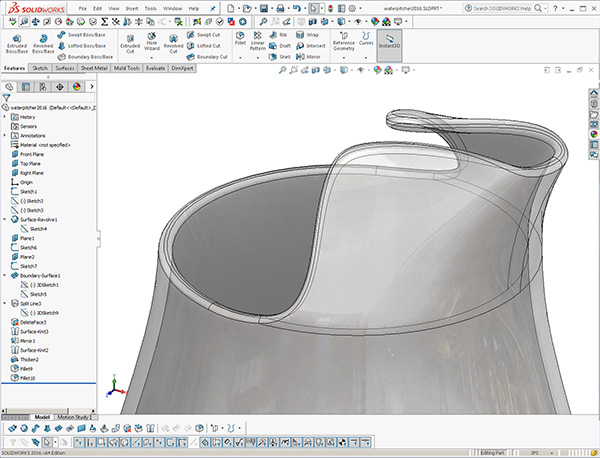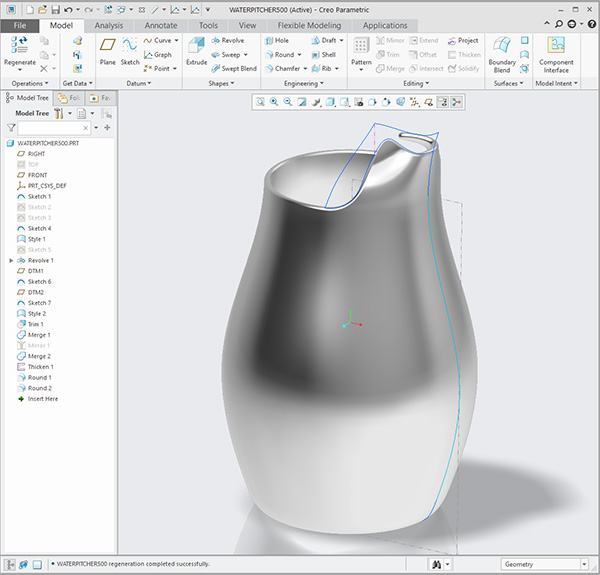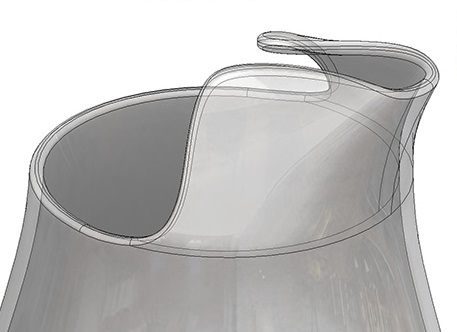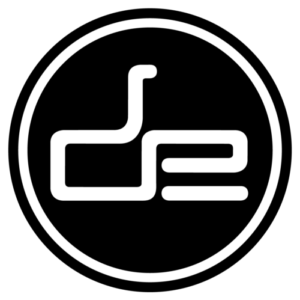This webinar will showcase both the comparison of latest releases of SOLIDWORKS 2020 to Creo 7.0 surfacing tools to create organic forms will ultimately allow for a parametric control to drive organic geometry. We will model a ceramic water pitcher using both Creo & Solidworks tools in order to lead this presentation and discussion using a non-proportional scale workflow. We will look at G1 – G2- G3 continuity, resilient modeling effectiveness, boundary blends, 3D curves & curve on surfaces, speed of modeling and ultimately managing light reflections.
How do you account for what is shown to marketing vs what goes to manufacturing when they are clearly two different things? Clay has the tendency to settle 20% within the 24 hours before it’s fired in the kiln. Ergonomic or melted forms can always be a challenge. This water pitcher is a porcelain container that has to set out to dry in the queue properly before getting fired. In this webinar, we will demonstrate models with the appearance of melted glass.
We encourage participants of our classes not to get frustrated as these forms often require practice. It is our training programs that aid designers and engineers to develop forms that don’t look like they were created using traditional CAD tools.
The presenter will model in both Creo and Solidworks with the same modeling workflow to aid direct comparison:
- Download and change model slightly to prove resilience that leverages parent-child relationships
- Remodel the clay pitcher in both softwares
- Discuss light reflections at G2 & G3 continuity mixing style and surface revolve
- Add parametric controls after the form has been modeled to limit ice cubes going out with fluid
- Change height and width to have two forms ie. Non-proportional scale in both Creo & Solidworks. One to show marketing and one to go into tooling that may be 20 percent larger than what was presented and approved by marketing
Note: Professionals typically do not use thicken in plastic part design as it can make reality more challenging controlling draft properly. We reserve thicken for carbon fiber, glass & porcelain as in this case for the clay bake challenge.
